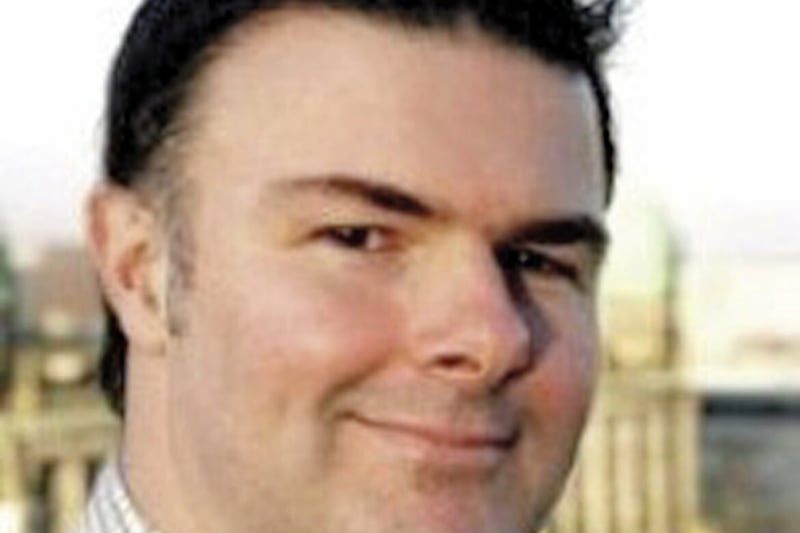GOOD planning has a purpose, structure and a vision.
Stephen R Covey (of the ‘7 Habits of Highly Effective People’ fame) famously advised that you shouldn’t start things unless you know what the desired end is. He suggested that before embarking on a project you should define what success looks like at each stage and plan a path accordingly to achieve your end goal. There is a lot of sense in this.
Of course, you need to know what you are trying to achieve. Defining it clearly helps everyone understand what they are working towards and also allows you to consider if the effort will be worth the reward in the first place (before expending significant resources).
Milestones along the way give you an opportunity to assess your progress and ensure you are on the right path. You don’t lift a really heavy object then stand around holding it, straining and thinking on where you are going to move it to. You know where you are moving it to before you lift it.
Throwing yourself headlong into something without a plan or an end goal makes no sense, unless you are simply having fun and there is no real goal beyond enjoyment and craic. In cases like that, ‘sure we’ll get started and see what happens’ is fine. Not in business.
However, while many folks will take time to define the end goal, plan how they will achieve it and do all the right things beforehand, there is still a danger. People can make the mistake of thinking that because everything has been carefully planned, modelled and discussed before beginning they must remain slavishly tied to the initial strategy, even when things start to go wrong.
They believe that what looks perfect (on paper) cannot be tactically altered once the journey begins. Instead they focus only on the end, assuming that whatever happens in between will ultimately lead to success if they only stick to original plan and don’t deviate.
A football club who finished just outside the top four in the EPL might set a target for the year of breaking into those Champions League places. Maybe (pre-season) they change coach, adopt a new style of play and buy several new players in the hope that this will all give them the final push over the top that’s needed. They have an end goal and a plan.
Well, as Mike Tyson once said: ‘everybody has a plan until they are punched in the mouth’.
What happens if they go on a losing streak, if they are mid table after 10 games and bottom three after 20? When their play is disjointed, they are losing to pre-season relegation favourites and fans are getting on their backs? Do they stick it out, stay true to the original plans and goals, or do they make adjustments? Maybe they now need to focus on not getting relegated. Maybe they need a more industrial brand of football to survive. Maybe some of the old guard need to be re-introduced. A change to the script has become necessary.
Making adjustments, changing tactics or modifying plans and milestones doesn’t mean the end goal has changed. That club can still aspire to Champions League football however they may have to adjust how they do that along the way. Good managers will adjust formations, bring players in and out of the first 11, fit tactics to the situation and so on. Shorter term plans will adjust, milestones will be revaluated. The end goal can remain the same, just with the journey (and timescale) looking a little different.
To be able to achieve this you should ensure you and your team have a degree of resilience built in and a mindset that is open to adjustment and receptive to change. Things do not always (rarely in fact) go to plan. Suppliers fail, people leave the business, markets may be volatile, mistakes are made.
If you focus on the journey as well as the destination, you can deal with these, factor them into your planning, make changes and get on with things. What you don’t do is give up, simply because the plan you had at the start needs changed or the end goal has moved a little
Ultimately you need Covey’s planning ahead married to a mindset that allows for mid-stream change and adjustment.
It’s both a journey and a destination.
:: Barry Shannon is head of HR at STATSports







